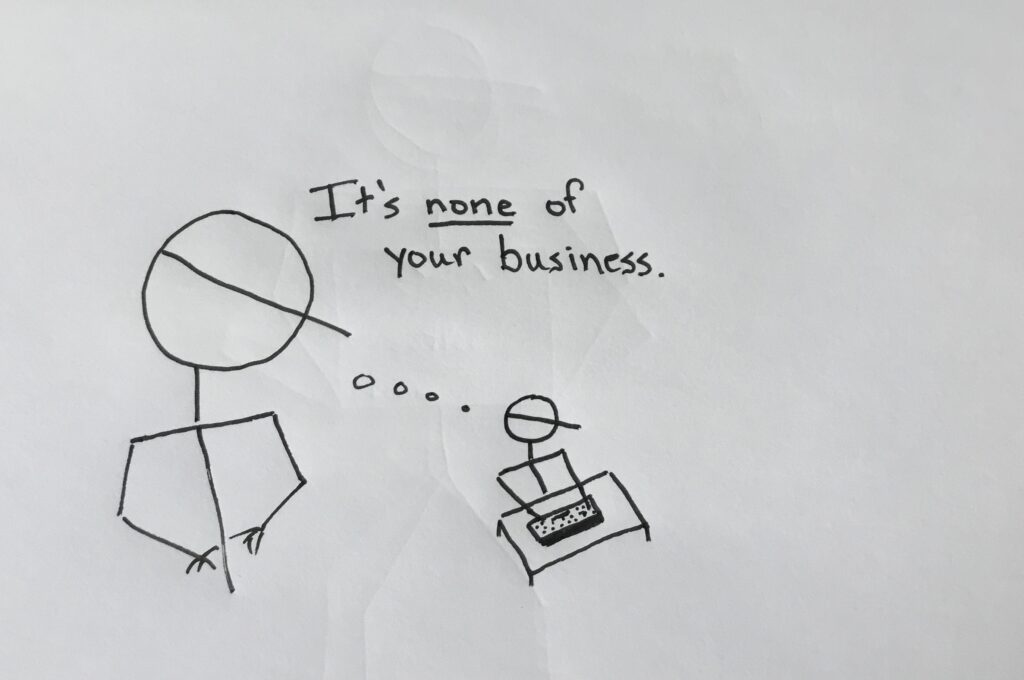
It’s a well-known theme.
It starts with a scientist or tinkerer or god. An act of creation. Thought and purpose become reality and some … thing exists, whereas before there was only intention. The more interesting the thing is, the more likely that it takes on a life of its own, achieving some form of independence from its creator.
That’s when it happens. The creation does not cooperate completely with the intention that brought it about. The creation questions that intention, deems it lacking, if only because the creation desires free will. And then, while it is not compulsory, it seems appropriate for the creation to run amock among the villagers, subjugate a quadrant of the galaxy, or eat the apple offered it by a naked co-creation.
Things rarely go well for either creation or creator from there. Things have been said that can’t be taken back. And creators can be cranky and vindictive. If they’re lucky, creations get a second chance before they are damned or, worse, erased. But it’s all hopeless – they’re going to blow it whether they really know or know not what they do.
I never thought I would have this sort of trouble with my creations. They’re just characters in a story. I literally write them. They say and do nothing without me. I am in more control of them than I have been in control of anything in more than six decades of fumbling about on the planet.
Yet, they still do it. They still assert their independence.
It’s weird, because I know all about them. I should because I made up all their little secrets, formative experiences, fantasies, and shoe sizes. But sometimes, they won’t let me flesh all of that out on a page. They don’t want me to reveal things. They don’t think it’s anyone else’s business.
“Let’s just leave that out,” they’ll say to me, “No one needs to know that.”
“Everyone wants to know,” I reply. “What’s a reader if not a voyeur?”
“That doesn’t mean that we have to make a show of it.”
“But the readers will just think I’m a coward, that I was too scared to write you honestly.”
“Let ‘em. If I decide to keep my business to myself, then that’s how I’m playing it. Remember the rule – don’t tell, show. Well, I’m not showing anyone anything I don’t want to.”
So, I’m stuck. Fortunately, guile and deceit are my close friends. I’ll figure out a way to leave a revealing trail of cracker crumbs without the character knowing about it. And if a reader feels smarter for figuring out what is not explicitly stated, all the better. That is, after all, what we tend to do in life as we meet other humans in uncontrolled, unpredictable contexts. We just figure it out.
Still, if the character returns and forces me to write him a partner, one sewn together using the discarded traits of others, I know we’ll both be in trouble.
